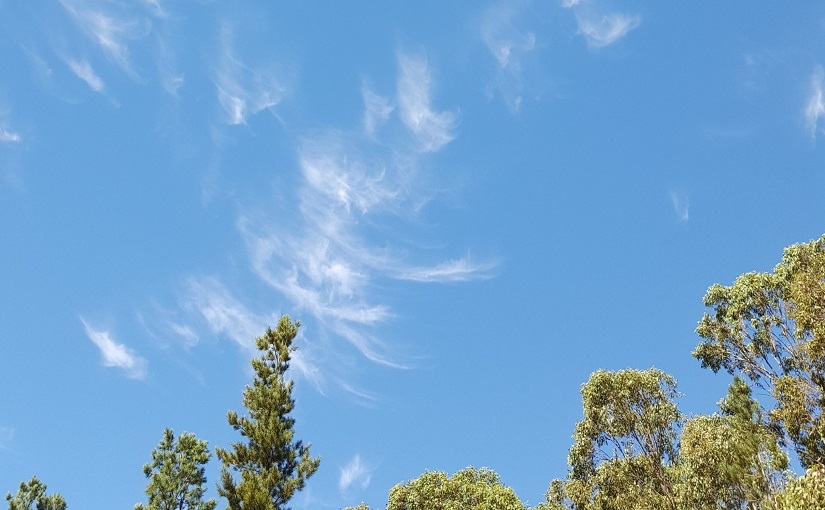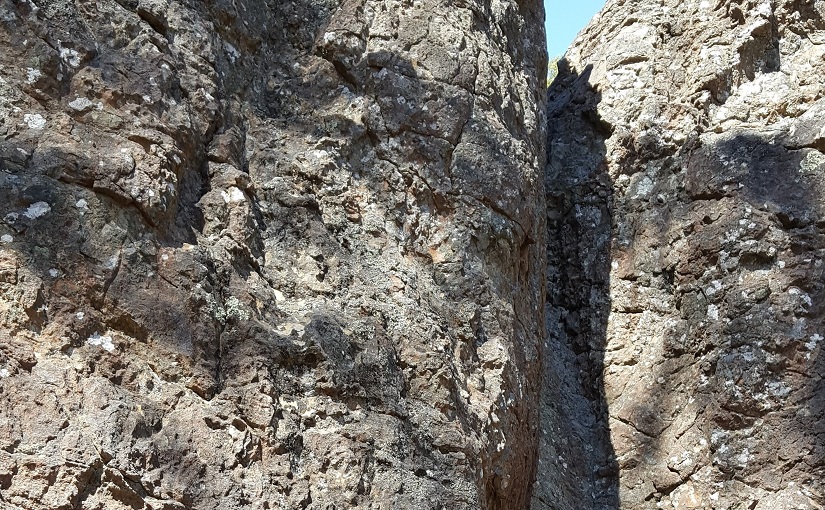In many ways, culture seems the place we go to find meaning for our lives, echoes of how we’re living and the choices we’re making. A sounding board, perhaps, for our own ideas, the ideas of others, and ideas that society itself is finding valuable.
So, of course, it makes a difference what we’re paying attention to, whether that’s Hollywood and mainstream culture, its alternative fringes, or something a shade more traditional. If these are the ideas we’re taking on board, making the reference points for our lives, trusting to guide us wisely through all we meet, then it must matter which influences we’re heeding (Notes One). It surely plays itself out?
As ever, it’s easy to get tied in knots trying to figure out which ideas or attitudes are concerning and which are nothing to worry about. Lost in that timeless conversation around what’s important, what’s impacting us, and who to trust with our inner lives or the collective life of society (Notes Two). How much do thoughts shape us? The subtle assumptions or examples nestling down into the fertile soil of existence.
It’s interesting how culture’s such a fundamental part of life, historically and currently, yet “how it works” is a bit of a mystery. It’s this broad range of ideas, images and activities that inform how we’re spending our time, the ways we’re seeing and relating to one another, the conversations we have and judgements we’re forming. It’s what we’re talking about, thinking over, making our own.
And that’s just fascinating: the stories and interests that people our minds, becoming what we seek to emulate and those we’re happy to vilify or make light of. This whole world of reference points and unspoken social assessments that effectively builds up our sense of what’s acceptable, admirable, and so on. Throughout our lives, becoming this place we look to understand our worth or meaning for others.
A strange mirror, of sorts, reflecting upon reality but adding to it with its own layer of themes, narratives, messages – spinning our world into something that resembles it, but not quite truly (Notes Three). Surely, we all want to know we’re valued? That we have our place within society and are being fairly or compassionately represented within that realm. It means a lot that we’re included, understood, appreciated.
Clearly, this is a convoluted, complex kind of subject. Does culture serve to define us, offering the palette of choices from which to choose, or is it the place our identity finds recognition? Is it this behavioural regulator, seeking to shame or coerce us toward meeting its ideals? Does it act truthfully, aspirationally, or to shock us into responding?
Looking at culture in terms of its pockets, rather than as a whole, it seems feasible we could all find the reflection, belonging and validation we’re after: a subculture, somewhere, will accommodate us. Whether, beyond that, there’s a more universal, inclusive attempt at human meaning seems an elusive goal that, perhaps, is well worth investing in.
Notes and References:
Note 1: Meaning in culture
Note 1: Reference points for how we’re living
Note 1: It resonates, but should it be amplified
Note 1: Culture as reflection
Note 1: Do we know what we’re doing?
Note 2: Caught in these thoughts
Note 2: Ways thought adds spin to life
Note 2: Who should we trust?
Note 3: Mirrors we offer one another
Note 3: What’s neutral?










